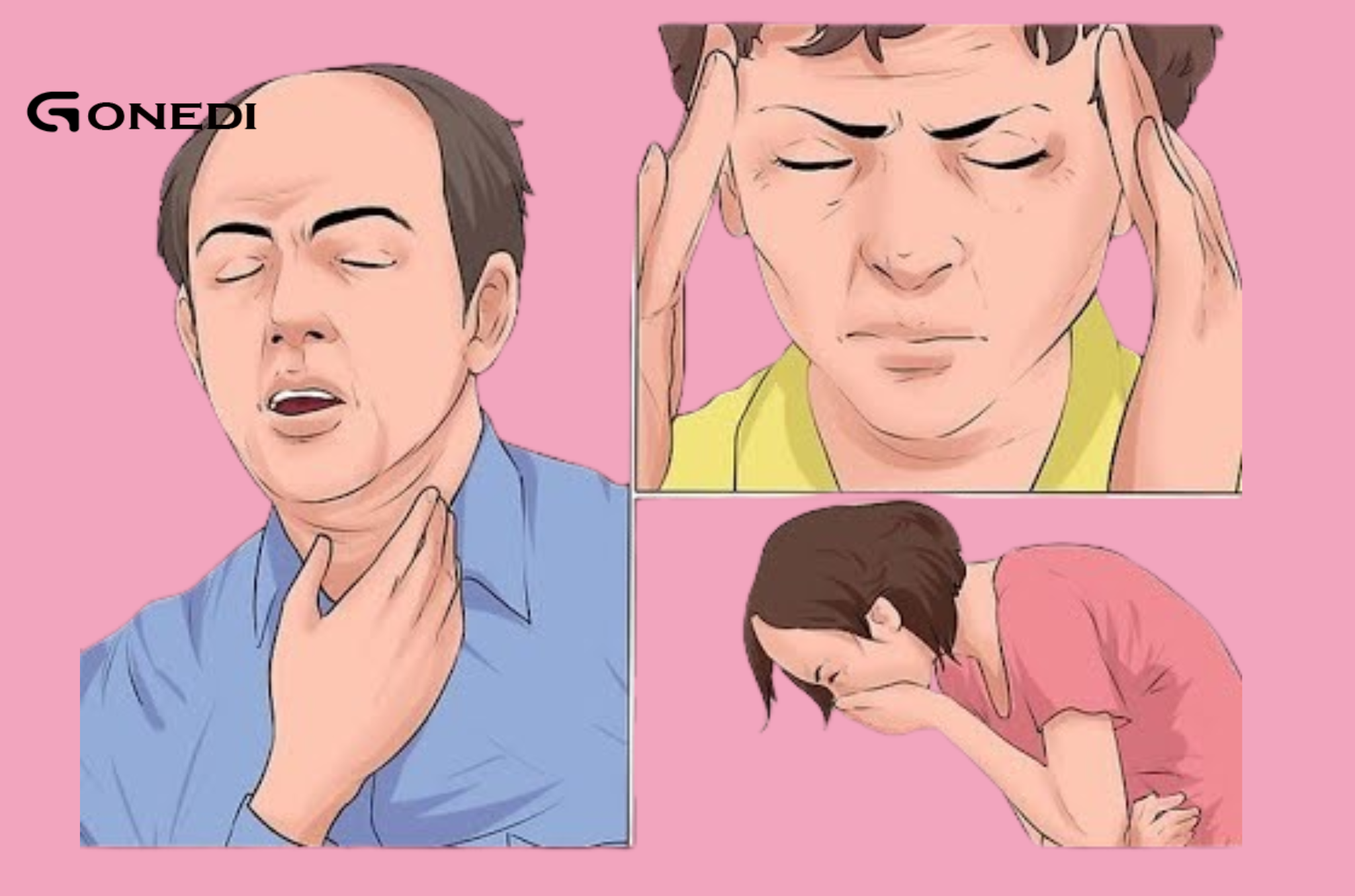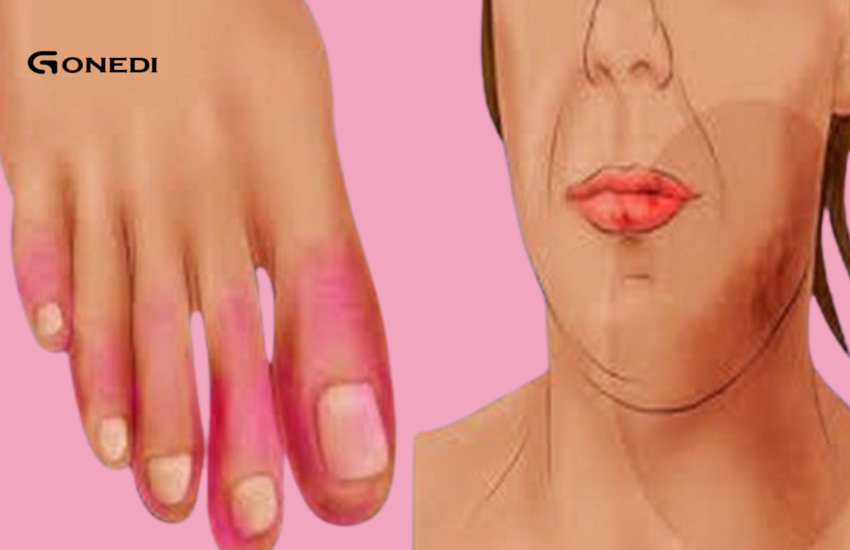Warning signs that cancer is growing in your body
Cancer is a disease that often develops silently, but there are warning signs that can indicate its presence. Early detection is crucial for effective treatment, so it’s important to be aware of these symptoms. Here are some common warning signs that cancer may be growing in your body:
- Unexplained weight loss
Losing weight without any changes in diet or exercise can be a warning sign of cancer. Many types of cancer can cause these symptoms, especially stomach, pancreatic, esophageal, or lung cancer.
- Persistent fatigue
While fatigue can be caused by a variety of factors, persistent, unexplained fatigue that doesn’t improve with rest can be a sign of cancer. This symptom is often associated with cancers such as leukemia, colon cancer, and stomach cancer.
- Skin changes
Skin changes such as yellowing, darkening, or redness, as well as sores that don’t heal or changes in existing moles, can be signs of skin cancer or other types of cancer.
- Persistent cough or hoarseness
A cough that doesn’t go away or gets worse over time, especially if it brings up blood, could be a sign of lung cancer. Persistent hoarseness could be a sign of throat or larynx cancer.
- Lumps or thickening
Lumps or thickened areas under the skin could be a sign of cancer. These are often associated with breast cancer, testicular cancer, or swollen lymph nodes due to lymphoma or leukemia.
- Unexplained pain
Persistent, unexplained pain that doesn’t seem related to another injury or condition could be a sign of cancer. For example, back pain could be associated with ovarian cancer, while headaches could be a sign of brain cancer.
- Changes in bowel or bladder habits
Significant changes in bowel or bladder habits, such as blood in your stool or urine, prolonged diarrhea, or constipation, could be signs of colorectal or bladder cancer.
Conclusion
Being aware of these warning signs can help detect cancer early, which may improve treatment outcomes. If you notice any persistent or unusual symptoms, it is important to consult a healthcare professional immediately for proper diagnosis and care. and treatment of vitamin B12 deficiency can prevent serious complications. A balanced diet, including foods rich in vitamin B12 such as meat, eggs, dairy products and fortified cereals, can help maintain adequate levels of this crucial nutrient.


